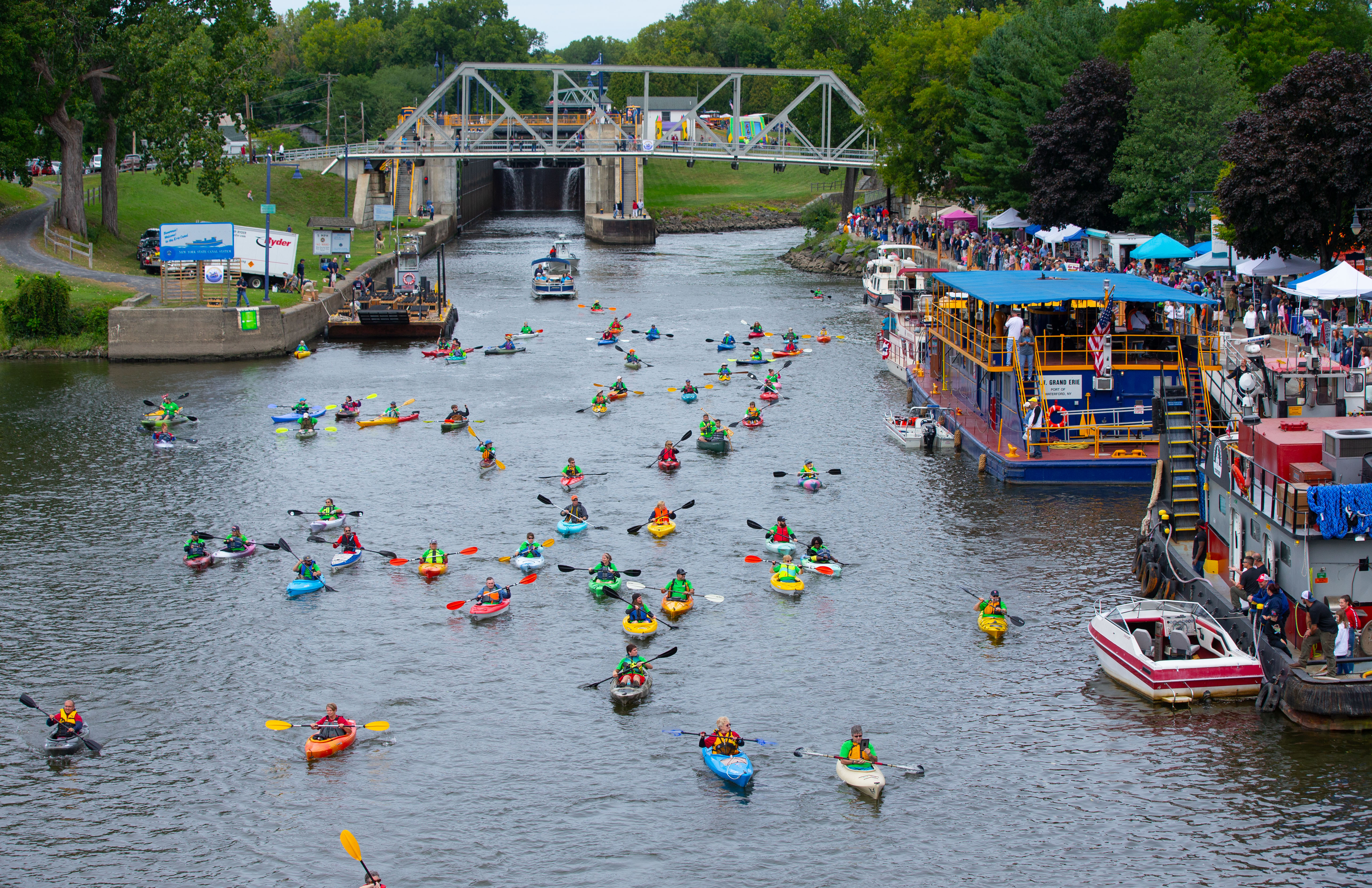What if the New York state legislature never builds the Erie Canal? Suppose DeWitt Clinton, the canal's major promoter, loses his 1817 run for Governor, and thus the canal fails politically. How does that impact the economic development of the Midwest and of New York City?
Does New York lose its OTL singular prominence among American cities? New York will remain the most level route to connect the Midwest and upper East Coast, but if trade's funneled along railways instead of a canal, other ports like Boston and New Haven can compete on more equal terms. Alternatively, the Mississippi trade might become more prominent, which would have very interesting effects on the Civil War. Either way, Chicago would very likely not become as significant a transshipment point.
We've had two threads in the past, but let's discuss it again!
Does New York lose its OTL singular prominence among American cities? New York will remain the most level route to connect the Midwest and upper East Coast, but if trade's funneled along railways instead of a canal, other ports like Boston and New Haven can compete on more equal terms. Alternatively, the Mississippi trade might become more prominent, which would have very interesting effects on the Civil War. Either way, Chicago would very likely not become as significant a transshipment point.
We've had two threads in the past, but let's discuss it again!
